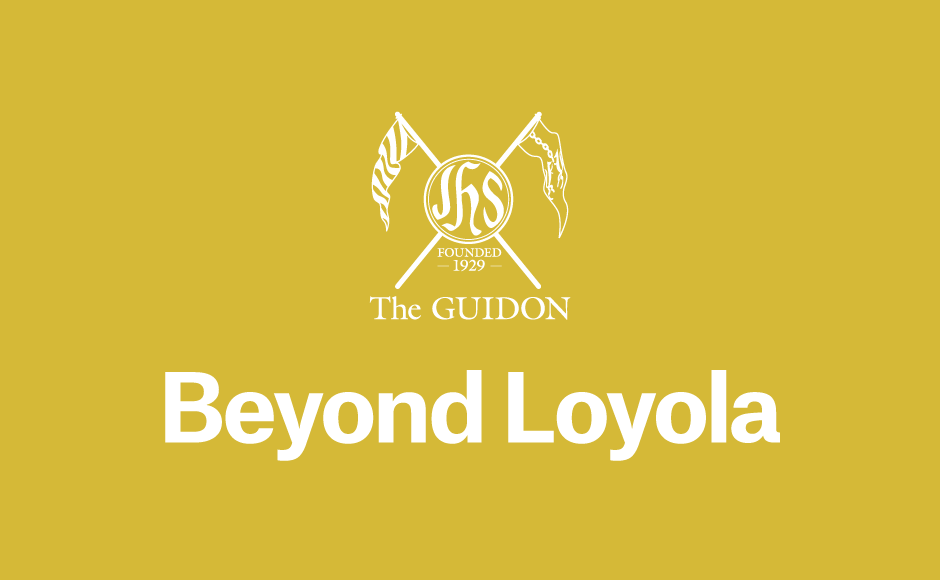The National Democratic (NatDem) and the Social Democratic (SocDem) movements in the Philippines would not be what they are today if not for key figures who have helped sustain them through history.
Pioneers of National Democracy
Jose Maria “Joma” Sison is known for being a pioneer of the NatDem movement, after founding the Communist Party of the Philippines in 1968. He went by the pseudonym Amado Guerrero and published a manifesto titled “Philippine Society and Revolution.” It laid down two important tasks: national liberation and democratic revolution. The document also gave definitions to the stages of the Philippine revolution.
It was during Martial Law that the NatDem movement grew. After becoming president of the National Union of Students of the Philippines in college, Edgar “Edjop” Jopson (BS ME ’70) led the union towards becoming more involved in issues concerning the country. After graduating from the Ateneo, he worked with the Philippine Association of Free Labor Unions instead of going abroad. Considered a moderate at first, Jopson eventually turned towards radical politics. He was later asked to head the National Democratic Front Preparatory Commission, working alongside members of the middle class. Jopson was killed at the age of 34 during a military raid in Davao City.
The movement had split into two factions after suffering a bloody purge in the 1990s. “Reaffirmists” agreed with Sison’s call to return to old principles, while “rejectionists” argued that it was time for the party to adapt according to the times. Benito Tiamzon, who continued to see potential in the movement, tried to unify the two sides. Prior to this, Tiamzon had been known for his elusiveness. After his arrest and detainment in Fort Santiago after the declaration of Martial Law, Tiamzon used various aliases and became a hard figure to catch.
The lesser-known Leftists
Not as prominent as the NatDems, the SocDems were drawn to participate in political activism not so much by allegiance to an ideology but by the experiences they had with the marginalized. The socio-political tradition they carry out to this day is heavily influenced by the written works of visionaries from an earlier generation.
Former senator and co-founder of the National Union of Christian Democrats, Raul Manglapus, wrote an oration piece titled “Land of the Bondage, Land of the Free,” which talked about the struggle that Filipinos face in light of the oppression they experience from colonizers and their fellow countrymen.
Jeremias Montemayor, founder of the Federation of Free Farmers, published books such as Ours to Share: An Approach to Philippine Social Problems and Philippine Socio-Economic Problems. His work focused on alleviating the hardships of farmers, and was instrumental in instituting laws concerning agrarian reform during the time of then-president Ramon Magsaysay.
Several parties exist within the SocDem movement. One is the Partido Demokratiko-Sosyalista ng Pilipinas. The party describes itself as “Filipino nationalist, democratic, socialist, and revolutionary.” Upon its formation in 1973, the PDSP has took it upon itself to establish an alternative to the Marcos dictatorship and Marxism-Leninism espoused by the Communist Party of the Philippines. In the late 1980s, they contributed to the mass campaigns which supported the candidacy of Corazon Aquino, and which ultimately led to the EDSA revolution.
Another is the Kapulungan ng mga Sandigan ng Pilipinas (Kasapi). One of its former members is Jose Manapat, who joined the organization while attending high school. He ultimately decided to postpone his studies for a year to actively participate in the party. After finishing his studies, Manapat went on to write Some Are Smarter Than Others, a book which aimed to make people more aware about the wrongdoings of Marcos and his cronies.




